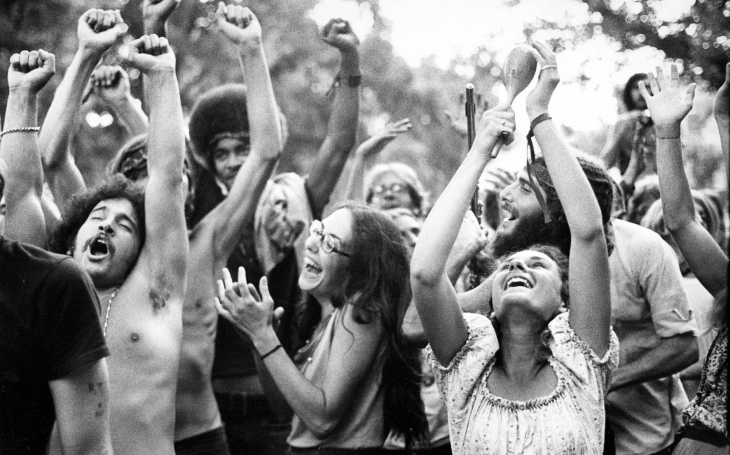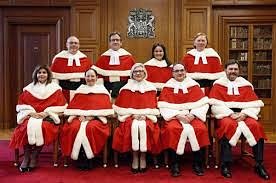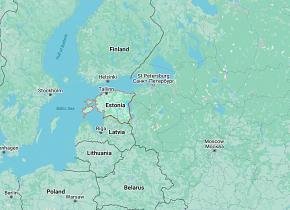San Francisco group rekindles Sexual Revolution ideals
Throughout history, the idea of "free love" has undergone a variety of interpretations. These range from the idea of a women's right to freedom of choice in love and personal relationships to the idea of complete sexual freedom without the complication of a relationship of any sort. All of these movements have two things in common: they tend to develop during periods of societal repression, especially regarding the role of women in society, and they espouse the idea that women's liberation begins with sexual freedom and radiates from there.
The concepts of free love and empowerment have always been intertwined, though the expression of these terms differs. As early as the 12th century, the Brethren of the Free Spirit taught the idea of free sexual expression outside the bonds of legal marriage as an alternative lifestyle that opened up the individual to the free expression of ideas, or as a way of freeing the mind.
In the 19th century, Free Love as a concept had evolved to mean the empowerment of women through the freedom to choose marriage, motherhood, and divorce, or not, as a personal right and not a forced obligation. It was also during this time that the idea of communal living came into vogue, with communities such as the Oneida Community espousing the idea of marriage as detrimental to both men and women and that Free Love and the freedom of sexual expression was the path to a happy existence, and idea which continues to this day in communal settings such as the female-centric San Francisco-based group OneTaste, among others.
Twentieth-century Free Love movements focused on the sexual liberation of all, regardless of personal attachment, and came to a climax, so to speak, with the social upheaval of the late 1960s and the personal enlightenment movement of the 1970s. Both the enlightenment movements of the 1800s and of the 1960s were a form of rebellion, respectively, against the oppression of Victorian society of the 19th century and the idealization of the traditional nuclear family that culminated in the 1950s.
Though not all of the of the free Love movements focused exclusively on women, they all succeeded in eroding the rigid mindset of a patriarchal society by the removing the sexual and social constraints that were placed almost exclusively on women by society. They broadened the minds of both men and women and planted the seeds of the concept of women as the owners of their own sexuality and masters of their own destiny.
Comments
There are 0 comments on this post



















